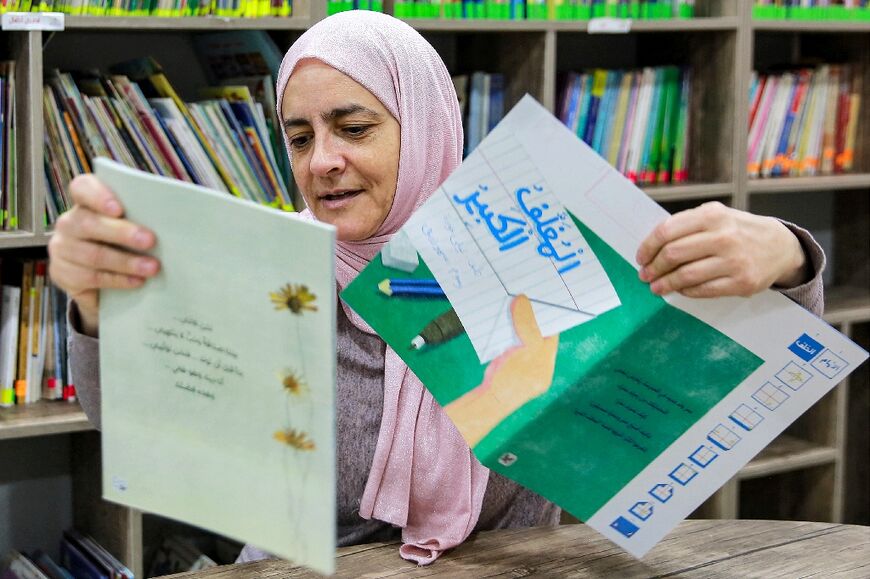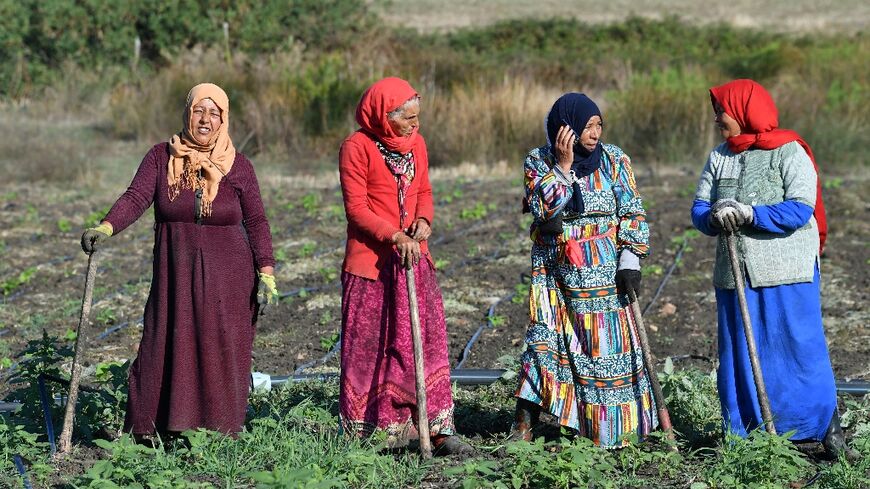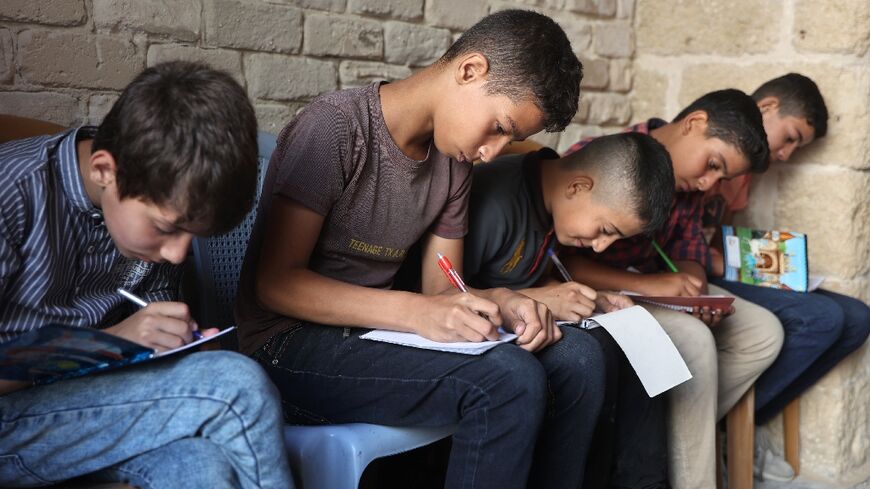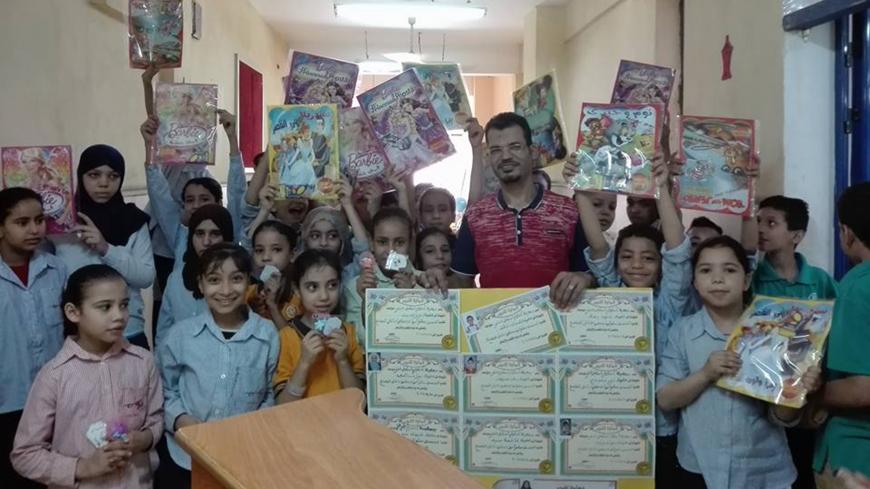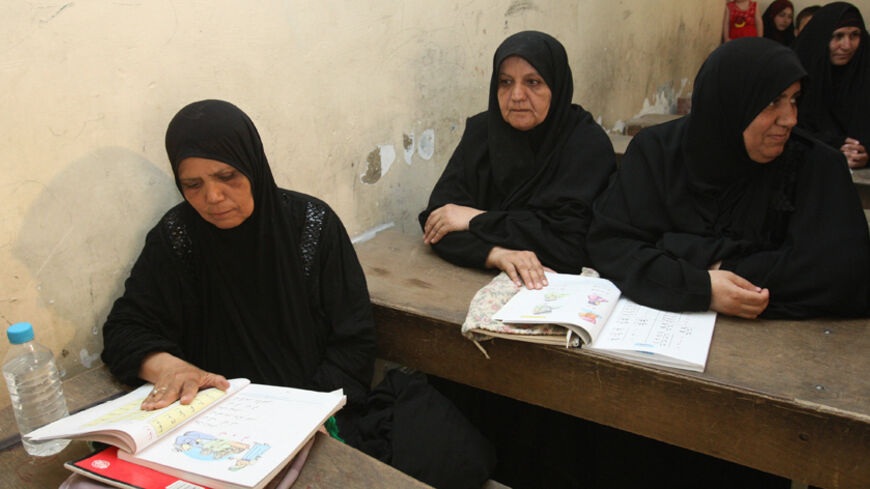Here's the story: Jordan initiative shapes young minds
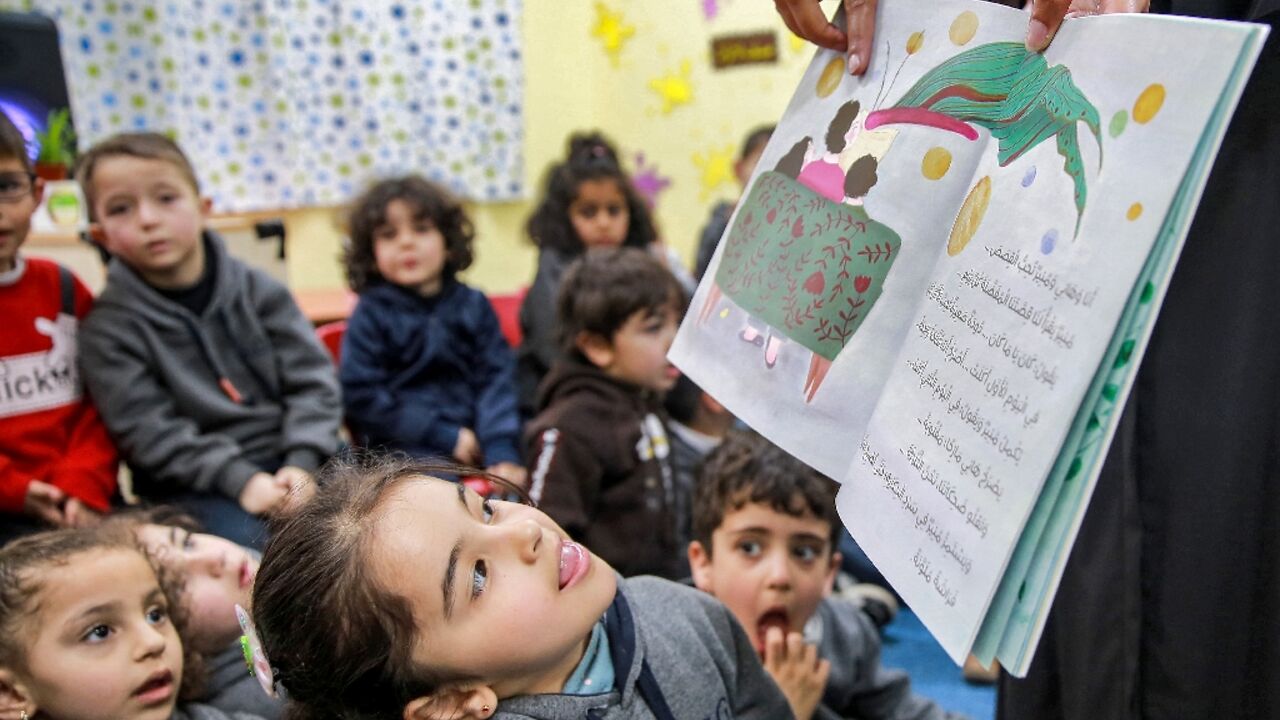
At a school in Amman, a Jordanian volunteer opened a book and asked: "Who's excited to hear a story?" -- part of an initiative to get children to find joy in reading.
The "We Love Reading" initiative, which is present in 65 countries worldwide, was founded by Rana Dajani, an associate professor of biology and biotechnology at the Hashemite University in Jordan.
She spent five years living in the United States, where she enjoyed reading to her children.
But when she returned, Dajani noticed schoolchildren in her home country were rarely reading for pleasure.
She decided to change all that, and in 2006 "We Love Reading" was born.
"In the beginning, I noticed that children only read for their school lessons, so I did research and found that the best way is for an adult to read stories to them aloud," Dajani told AFP.
Dajani began with small weekly sessions in a mosque near her house in Amman's Tabarbour neighbourhood.
"On the first day, only 25 children came," she recalled.
Undaunted, she carried on and the initiative gradually expanded, training volunteers nationwide.
"We Love Reading" is now present across Jordan, with 4,000 trained volunteers ranging in age from 18 to 100.
"Our programme educates leaders, and it is strong and based on scientific research," Dajani said.
According to her, the initiative has so far helped about half a million children in Jordan, including tens of thousands of refugees who had fled the conflict in Syria.
- 'Real paper books' -
Each "safir" -- ambassador in Arabic -- reads stories to children anywhere they choose, be it a mosque, church, school or nursery.
Dajani said it was important not to read stories on electronic devices, "which we want to keep them away from, because it would be a losing battle. We want real paper books."
Illiteracy rates in Jordan have plummeted from 88 percent in 1952 to 5.1 percent in 2020, according to official figures, and the programme seeks to ignite a passion for reading among children.
"Through reading, thinking patterns change and the child's brain and psychological health develop," Dajani said.
So far, "We Love Reading" has produced 33 titles for children on topics ranging from the environment, refugees and bullying to gender, social communication and science.
The initiative has also expanded to other countries, with 8,000 trained volunteers internationally, and has won plaudits from across the globe including a UNESCO award in 2017.
Huda Abu al-Khair has been a reading volunteer in Jordan for four years.
"I loved the idea of the programme, as it develops children's language, ideas and concepts," Khair told AFP.
"That's why I read to children in kindergarten, during school trips, in public parks and at family gatherings -- whenever I get the chance," she added.
Back at the school in the capital Amman, she gathered round her a group of some 20 children aged four and five, and began to read.
"I am Dina, and this is my brother Hani. We are twins. I came to life minutes before him, but we're alike, and we both love birds, swallows and hummingbirds."
Her narration is accompanied by chirping from a tape recorder, the only nod to modern technology.
"Education at a young age is like engraving in stone," said Khair. It lasts a lifetime.


